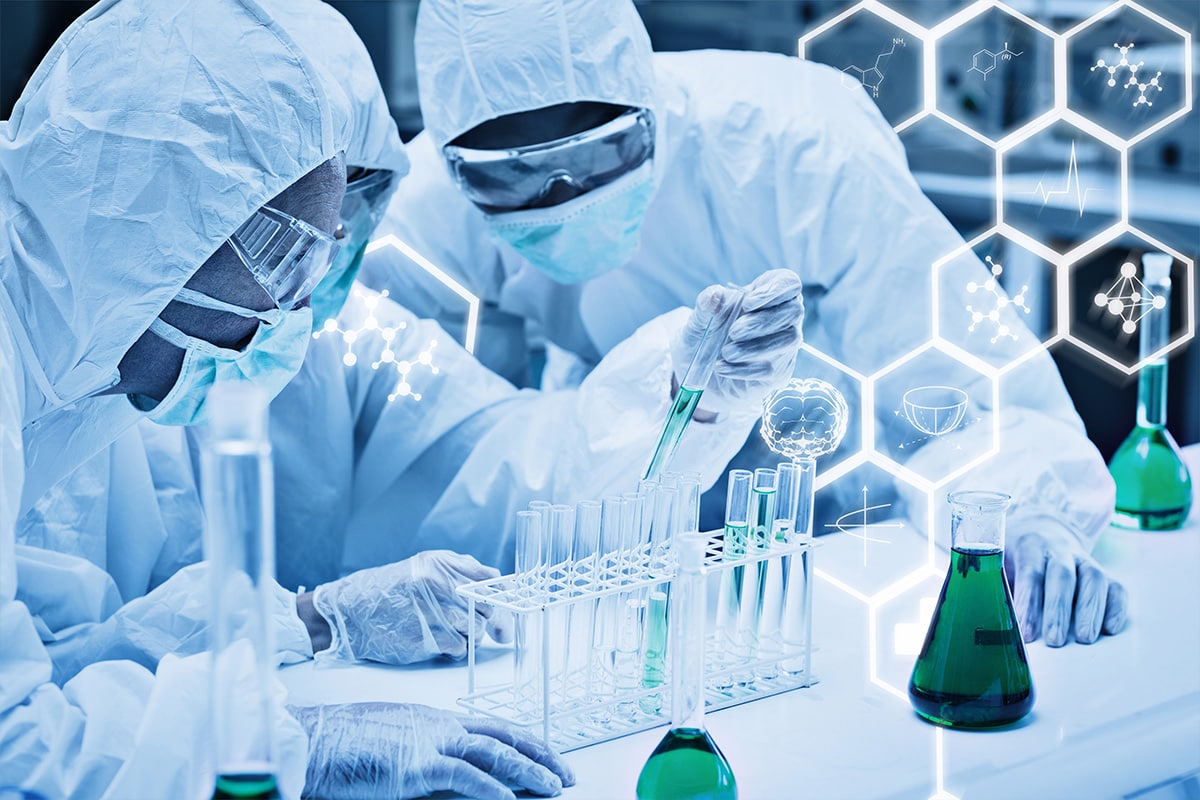Water hardness is one of those aspects that is important for both our health and the condition of home appliances. Water hardness is divided into two main categories: carbonate hardness and non-carbonate hardness. What are the differences between them and what do they mean for us?
Water hardness is a measure of the mineral content, mainly calcium (Ca2+) and magnesium (Mg2+) ions. There are more ions of these minerals in hard water. Water hardness can be divided into carbonate hardness (also known as "temporary") and non-carbonate hardness (also known as "permanent"). They differ because of the minerals that cause hardness.
Carbonate hardness - calcium and magnesium compounds
Carbonate hardness is caused by the presence of calcium and magnesium bound to carbonates (CO3 2-) and bicarbonates (HCO3 -) in the water. This is a "temporary" hardness as it is easily removed by boiling. During cooking, carbonates and bicarbonates are converted into a precipitate that can be easily removed. This phenomenon is well known as scaling.
From chemistry, we know that carbonates and bicarbonates are easily soluble in water, which leads to a higher content of calcium and magnesium ions. As a result, carbonate hardness can lead to deposits on dishes, pipes and home appliances, which can lead to damage and shorten the life of these appliances.
Non-carbonate hardness - durable and unchanging
On the other hand, non-carbonate hardness is due to the presence of other calcium and magnesium salts, such as sulfates (SO4 2-) and chlorides (Cl-). It differs from carbonate hardness in that it cannot be easily removed by boiling. These salts are more stable and do not react to heating in the same way as carbonates and bicarbonates.
Non-carbonate hardness is particularly problematic as it can lead to scaling of the heating elements, which reduces their efficiency and shortens their service life. In addition, the presence of sulfates and chlorides can affect the quality of the water, both in terms of taste and effects on skin and hair.
How do the effects of carbonate and non-carbonate hardness differ?
The differences between carbonate and non-carbonate hardness have different implications for water users. Here are some key aspects:
- Scale and deposits: Carbonate hardness can lead to more scale build-up in pipes and appliances, while non-carbonate hardness can cause more permanent deposits that are harder to remove. This means that non-carbonate hardness can be more problematic for water systems and household appliances.
- Removal Methods: Since carbonate hardness is easily removed by boiling, it can be effectively controlled by simple means such as installing water softeners. Non-carbonate hardness is more difficult to remove, which may require more advanced systems such as reverse osmosis.
- Health Impact: Water hardness, both carbonate and non-carbonate, can affect human health by reducing the quality of drinking water and irritating the skin. However, non-carbonate hardness can have a greater impact on the taste and quality of water, which can lead to long-term health problems if not properly controlled.
In summary, carbonate and non-carbonate hardness are the two main types of water hardness that differ in the presence of different minerals and salts. Carbonate hardness can lead to more scale problems, but is easier to control, while non-carbonate hardness can lead to permanent water and equipment quality problems. Knowing these differences can help you choose the right water hardness control methods and keep your water systems healthy and efficient.



